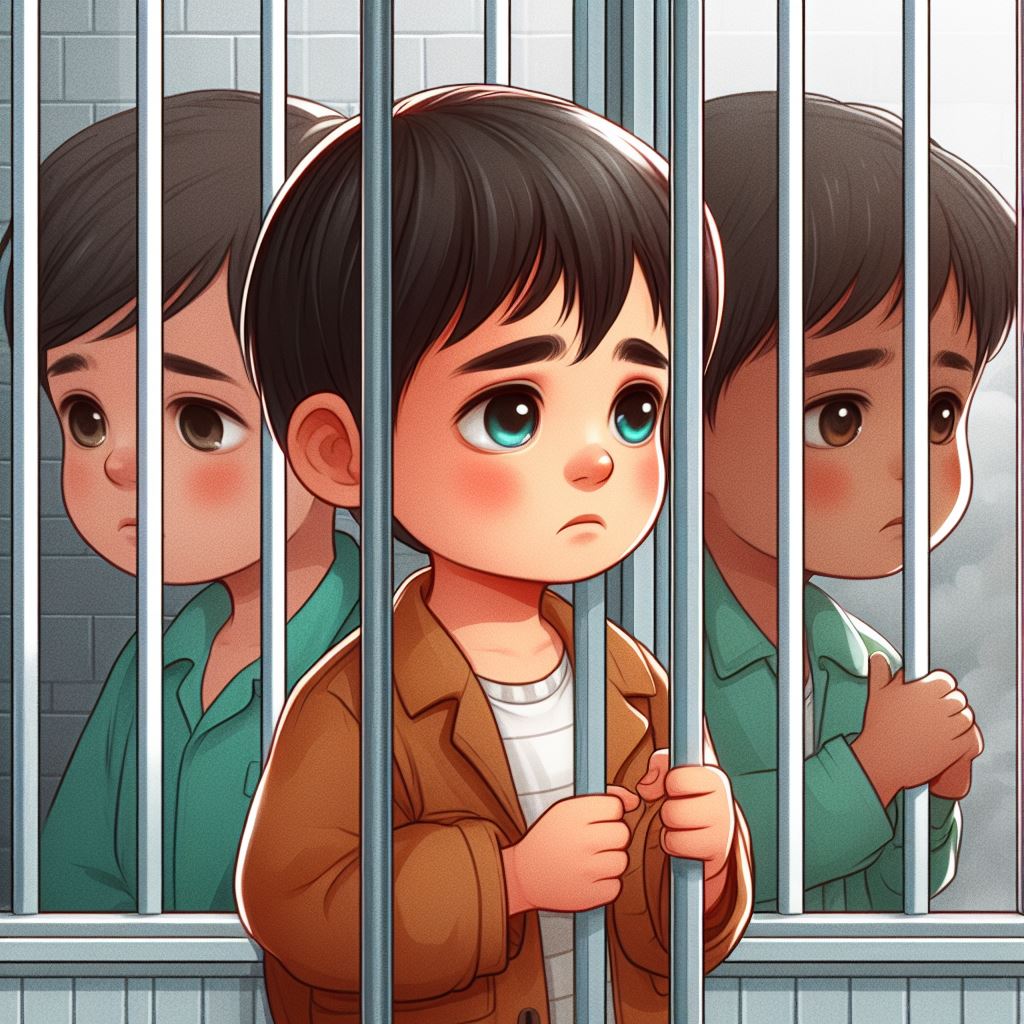
Pakistan’s firm commitment to international labor standards reflects in its ratification of several human rights conventions. Notably, ILO Convention No. 87, ratified by Pakistan, guarantees workers’ right to form and join trade unions. Considering their right to form and join trade associations, it will offer a more balanced power approach to foster an environment where fair wages, suitable working conditions, and workplace equity remain a top priority.
Article 32 of the United Nations Convention on the Rights of the Child (UNCRC) obligations state parties to develop legislation for the minimum age for enrollment in employment and, suitable working hours and other mandatory terms and conditions.
To address the issue of Child labor, ILO Convention No. 138 sets the minimum age for admission to work for young workers. Thus, it plays a crucial role in the prevention of exploitation of young workers within these economic enclaves. The Government of Pakistan also ratified ILO Convention No. 6 (Night Work of Young Persons (Industry) Convention, 1919). It is noticeable that young people under 18 years cannot employ during night hours from 10 pm to 5 am in any private or public sector organizations. Similarly, ILO Convention no. 15 (Minimum Age – Trimmers and Stokers Convention, 1921) states that young persons under the age of 18 years cannot engage to labor on vessels as trimmers and stokers.
ILO Medical Examination of Young Persons (Sea) Convention, to endow with the employment of any child or young persons under eighteen years of age on any vessel permits only due to medical food and medical certificate attestation. It is signed by a doctor whom the skilled authority shall allow.
Based on international commitments, following fundamental rights of child laborers are as follows:
Humane Treatment to Child Workers
Every child worker can get appropriate Treatment. A worker should also be protected from verbal, physical, or any neglect.
Fulfillment of Basic Needs of Child Workers
To meet the basic life needs of child workers, employers must provide a neat place of residence and appropriate medical facilities in case of sickness or bad health.
Provision of Security to Child laborers
A written contract indicating all terms and conditions of the job for both parties requires signature of both parties.
Provision of Standard Pay to Child engaged in work
Child workers may offer a salary to the level where they can meet their expenses. Employer may pay the salary at the end of each month.
Prescribed Hours of Work for Child worker
A child worker cannot engage more than 10 hours a day, with an exclusive of one hour for a meal. The employer will duly compensate any work rendered by the child worker beyond the ten hours only in exceptional circumstances.
Regular Working Days
Child workers may engage up to 6 days per week.
Self-Development
Self-development and education is essential. Thus, employers may ensure this opportunity for every child worker. His salary should not be deducted.
Privacy
The privacy of child laborers should respect at all times, especially during their rest periods and concerning personal communication outside of the employer’s house.
The bottom line
Child laborers can work only to a certain age with the subject of engaging in light work. The working conditions available to the child laborer should provide ample opportunities for self-development and written contracts.











